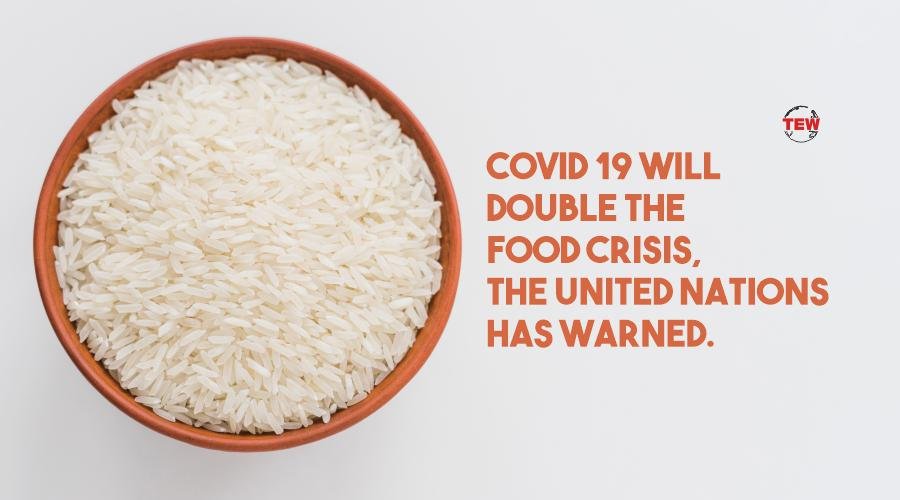The United Nations has warned that COVID-19 will double the food Shortage. The United Nations World Food Program (WFP) has announced that the number of deaths due to hunger worldwide will double this year due to the outbreak of the coronavirus.
This year, 265 million people will have to face a food crisis. The United Nations has also expressed fears that the economic downturn caused by COVID- 19 could increase the number.
In a normal situation, a worldwide population of 135 million is facing food shortages.
It is feared that this year’s coronavirus outbreak could add up to Rs 130 cr due to the expected financial crisis. With the impact of the coronavirus on global as well as domestic tourism, the declining economy is likely to hit.
According to Arif Hussein, chief economist at the United Nations World Food Programme, the coronavirus epidemic has put the world at war. The outbreak of the coronavirus has sparked a worldwide financial crisis. COVID 19 food Shortage is going to be very important. If we don’t think about this crisis now, we will have to pay a heavy price for it in the future.
Everything for food and drink is on sale now. If some farmers have to sell their oxen or plows for their livelihood tomorrow, the future food crisis will come today. They should not be allowed to sell items that will be important for their daily meals in the future. If it is time for farmers to sell oxen and plows for food today, it will bring food production to a standstill for many years to come.
Those who had the status quo before the outbreak of the coronavirus will not be the same after the corona. In countries where adequate social security programs are not implemented by the governments concerned, the situation is likely to be even worse.
Although UN World Food Program officials have not said exactly where malnutrition or food shortages will occur, Africa fears it will face the biggest food crisis.
Arif Hussain said the global food crisis would require as much as 10 billion to 12 billion funds this year. Funds raised last year were the highest ever at 8.3 billion. But this year, due to the epidemic of COVID-19, it may fall short.





